It’s been tremendous to participate in the curious conversations that have evolved in response to our series ‘The Workforce is Changing; Jobs Are Gone & More Will Follow’. That fact that:
“40 per cent of Australian jobs that exist today have a moderate to high likelihood of disappearing in the next 10 to 15 years”.
- Committee for Economic Development of Australia
has continued to force deliberation around ‘What does this really mean for me’?
As Carma and I investigate the different vantage points, one thing is becoming certain; ‘business as usual’ will be far from ‘normal’. It’s time to start doing things differently.
This focused us on another essential area within the human resource sector – recruitment! How will an independent worker gain employment in the ‘Gig Economy’? With many questions in mind, we spent time with Stan Rolfe the Principal at Qi Talent Solutions and Managing Editor for ATCHub; where all things talent management are discussed. Stan has invested the last 15 years immersed in talent acquisition. If someone was going to point us in the right direction, we knew Stan was the right place to start.
The Workforce is Changing – A Recruiter’s Perspective | Spending Time With Stan Rolfe
What challenges do you see with the independent worker, ‘Gig Economy’, workforce model?
Firstly, the gig economy is not new to us. We used to call them Temps. Temporary staff were engaged to assist with peak periods of work, leave coverage etc. The gig economy is an adapted approach to Temps in my opinion; with a more specific scope of work, who on completion depart and are unlikely to return.
The biggest challenge in Australia will be our archaic industrial relations laws. Like many laws written for yesteryear, they are being held together by blue-tak to fill in the holes as they endeavor to adapt to meet changing market conditions. To survive and support a gig economy an overhaul would be needed. A difficult consultation process in itself.
Then there are the unions and the impact gig economy workers will have on their member numbers. A decline in funding streams and an erosion of power across industry sectors would certainly see them up in arms. Unions would need to consolidate their resources to maintain a united influential voice.
Taxation will be a massive issue. I'm no tax expert, but surely there are implications around GST revenue, income tax collection etc. Could a gig economy model drive down remuneration? Quite possibly. My father used to own a commercial cleaning business which became nonviable as more and more companies undercut prices. Eventually his business went under creating an opportunity for the big corporates to swoop in and dictate higher price structures. I fear the same thing could well happen in a gig economy.
How do you think people will advertise for and get jobs in the ‘Gig Economy’?
Traditional word of mouth and referrals will be a primary driver for getting gigs. Much like the hidden job market of today. Second to this will be freelancing style sites; whether that be posting gigs, auctioning for a gig, or utilising notice boards. Software and platforms will become the forum used by independent workers to search for gigs, and similarly for companies to identify and access independent workers and their unique skill sets. Why else would LinkedIn move into the freelancing arena!
Programmatic advertising will be a key driver here. What is programmatic advertising? Basically an automated, pay per click, advertising medium, distributing clicks automatically from more successful ads to those under performing without manual intervention. This maximises your return on investment through increasing ad performance. No one does this better than my friend Rene Bolier from OnRecruit.
How can people prepare for the transition and change in employment model?
People need to understand their rights and responsibilities when it comes to taxation and other regulatory frameworks. They also need to be prepared to chase invoices. Great account management software will be crucial to streamline business functions.
Networking and marketing skills are going to be critical to survival for an independent worker; along with a strong customer service ethos or culture. Failing at either of these, will soon see you run out of gigs.
What do recruiters need to know?
Recruiters need to reinvent themselves. The job order taker will become extinct. To succeed you will need to understand inbound and outbound marketing tactics, how to engage stakeholders and interpret data. You'll need to be out there networking old school style, whilst using technology like a hacker as opposed to a data entry administrator. The job board will die a death, so those at the cutting edge will reign supreme.
What do people need to know?
Technology is your friend. Those that shun it will be left behind. The traditional Monday to Friday, 9 - 5 will be eroded. Our lives will be dominated by bots. Virtual bots, chat bots, sex bots, there will just about be a bot for everything. If you thought privacy was hard work on Facebook, you're going to have to get yourself armed to the tooth in personal digital protection. Forget about your home getting broken into, cyber theft and fraud will become the favoured petty crime. Don’t panic though; people will continue to make alcohol so there will be plenty of time to drink away your woes!
What companies need to know?
You will need to invest in some form of workforce/resource planning tool to effectively manage your independent workforce. Companies will need to take a more sales like approach to these workforces in terms of CRM, engaging content, in and outbound marketing strategies etc. The normal working week will begin to erode and new ways to manage virtual and remote workforces will become critical.
Functions such as Learning and Development, and HR Generalist will reduce in number as transactional activities become automated and self-managed by employees. Transactional accounting roles will become extinct along with the office IT Helpdesk as artificial intelligence takes hold.
What skill sets do you see as critical on a resume in 10-15 years and will we still have resumes?
We've always talked about the value of multi-skilling. In a decades time this will become even more critical. The ability to think creatively coupled with strong analytical skills will become the norm. Degrees will begin to combine Arts and Science or Commerce. To use the tech term of 'agile', we will all need to be more agile and flexible in our approach to work.
Resumes will be alive and well, although they maybe in a different format. Net promoter scores, social profiling will become the norm. Building a personal brand identity will become paramount.
Which jobs do you see having longevity?
Trades and maintenance will continue to be required as will the majority of hospitality roles. The Concierge will become the all in one front of house contact. There won't be a need for a Front Desk Clerk. Creative and complex type roles, roles which aren't easily learnt by machines will remain.
The workforce is changing; personal brand building is key
Our time with Stan confirmed what we have been thinking from the outset; building a personal brand is the best way to set yourself apart from the competition. Brand reputation, collaborating with professional networks, building capabilities and highlighting your unique market proposition, will hold the key to securing future employment as an independent worker.
BE INTERESTING.....BE CURIOUS.....ENGAGE
Contributing Authors
Carma Levene - the Social Chameleon
Carma is a freelance marketing consultant who specialises in Social Media Marketing. While she’s not too keen on the term “gig economy” she’s definitely happy in her current employment format. Within a short period of time she’s managed to eclipse her previous salary, but more than that – she’s able to work on her own terms. Choosing the clients she can help (and referring those she can’t), not wasting time commuting daily for a job that’s predominantly online, not constantly washing “work clothes” and choosing her own hours.
She was excited to contribute to this piece to let people know that there’s no more security in “full time” employment than in the contract model. And although it’s definitely not for everyone - if it is something you want to pursue but think is a risk, maybe reading this will inspire you. You can find out more about Carma.
Maria-Jane (MJ) Satterthwaite
After being diagnosed with Multiple Sclerosis at 29, MJ knew her journey was going to be unique!
No way was she going to waste any of her years working 9-5 under poor leadership! She seized the opportunity to become an independent worker; starting her own Registered Training Organisation, Scope Vision.
MJ’s curiosity into what drives people, and businesses, to achieve success has been the passion recognised in her award-winning business. The drive to continue to train and embrace lifelong learning has been her key to success, and she wants to see this happen for others.
20 years on, the passion and curiosity she’s used to shape the businesses she works with, and her longevity in these relationships have inspired her to think about the future of work; what this will mean for workers in general and indeed her own business. Find out more about MJ.
Stan Rolfe
Stan Rolfe is a Talent Acquisition leader, with a passion for recruitment, technology, leadership and blogging. Stan is currently the Sifu aka Principal at Qi Talent Solutions, and Managing Editor for ATCHub; where all things talent management are discussed.
Stan has worked in the Talent Acquisition industry over the past 15 years within both Agency and Internal Corporate Functions. He has worked with leading organisations across the Professional Services, Engineering, Construction and Contracting sectors. One of Stan's recent successes has been the introduction of virtual simulation into the recruitment process at Barminco Ltd, a leading International underground hard rock miner. This saw him present at both the Australian Talent Conference (ATC2015) and #TruLondon on 2015. Barminco was also a recipient of the inaugural Asia Pacific CandE Awards in 2015 where employers are recognised for their approach to the candidate experience. Find out more about Stan.
If you found value in this article hit the ❤ button below! If you have a comment on ‘The Changing Workforce’, we’d love to hear from you! So be interesting…..be curious….start a conversation with us today!













